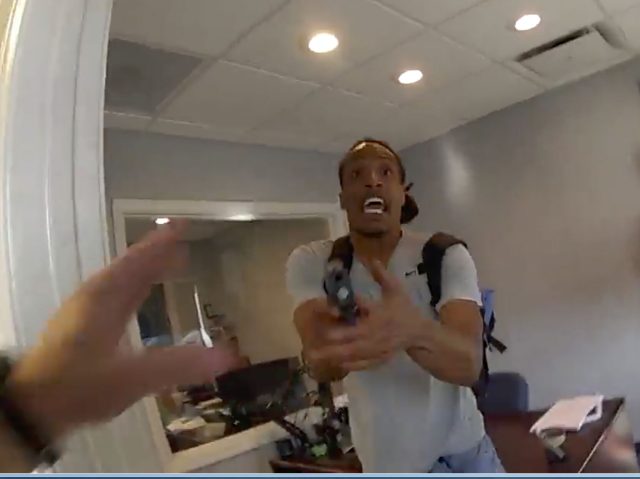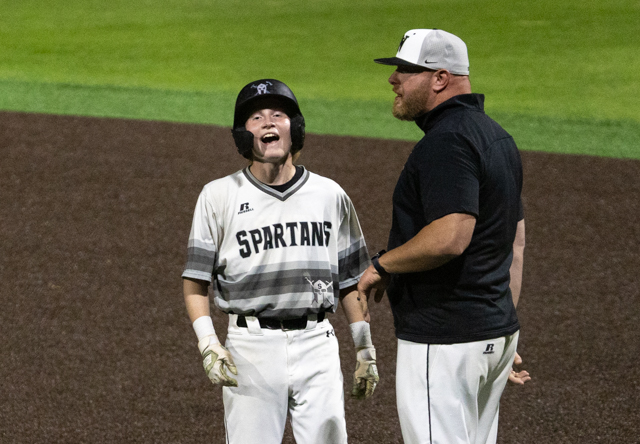Plan for regional public transit depends on grants
Published 9:00 am Wednesday, March 13, 2019
Carroll Duckworth, Community Action of Southern Kentucky’s director of transportation services, made a good case Tuesday that southcentral Kentucky is underserved when it comes to public transit. But many questions remain about whether CASK is capable of expanding its transit services to meet needs in the region’s rural counties.
The questions start with grant funding. Duckworth told a gathering of some three dozen local officials and interested residents at the CASK office that his plan for expanding public transit into rural parts of Warren County and eight other neighboring counties involves applying for six grants offered through the Federal Transit Administration.
FTA grants provide the bulk of the funding now for CASK’s GO bg Transit bus service that operates in the city of Bowling Green. That service has seen slumping ridership in the past and is currently part of a study being done by consultant Michael Baker International that could recommend merging GO bg Transit with Western Kentucky University’s Topper Transit service.
But Duckworth, who has been with CASK less than a year, said ridership is up for the city’s transit service. That increase in riders, plus a restructuring of GO bg Transit’s management team, has put CASK in position to beef up its offerings, Duckworth said.
To fully serve the nine counties, Duckworth wants to apply for funds to purchase 27 vehicles and hire 20 to 30 part-time drivers.
The need is there, according to Hannah Gray, CASK’s transit grants and compliance coordinator.
“One of the top reasons for poverty in these rural counties is lack of transportation,” Gray said. “If you can’t get to services like senior centers, that’s a problem.”
To address that problem, Duckworth unveiled a plan that would provide what he called “demand and response” service that could be used for traveling to specific destinations instead of relying on the fixed routes used by GO bg Transit.
Duckworth floated the idea of charging $1.50 per mile for that service. A separate fixed-route service that would bring rural residents to Bowling Green would cost $15 for one-way trips and $20 for round trips.
“We’ve looked at other communities and they mostly charge by the mile,” Duckworth said. “We’re a little on the high side, but I would rather start high and then back it down.”
The plan could be derailed by the results of the grant applications or the recommendations of the consultant’s study, but some of the county officials on hand Tuesday see some promise.
“If you can find a way to get the cost down by getting the volume of riders up, it might work,” Edmonson County Judge-Executive Wil Cannon said. “We don’t have a lot of medical facilities, so people need to go to Bowling Green. And if you’re shopping for anything beyond groceries, you need to come to Bowling Green.”
Cannon has concerns about the pricing structure presented by Duckworth, as does Bowling Green resident John Johnson, who attended Tuesday’s meeting.
“It doesn’t seem very convenient,” said Johnson, a General Motors retiree. “The cost seems like a lot to me. I would love to see it succeed, but I see the (GO bg Transit) buses driving around town now with only a few people on them.”
Duckworth said a public hearing on the regional public transit plan will be held in about 30 days. The grant applications are due by the end of March, and the consultant’s study of GO bg Transit should be completed by May 15.






